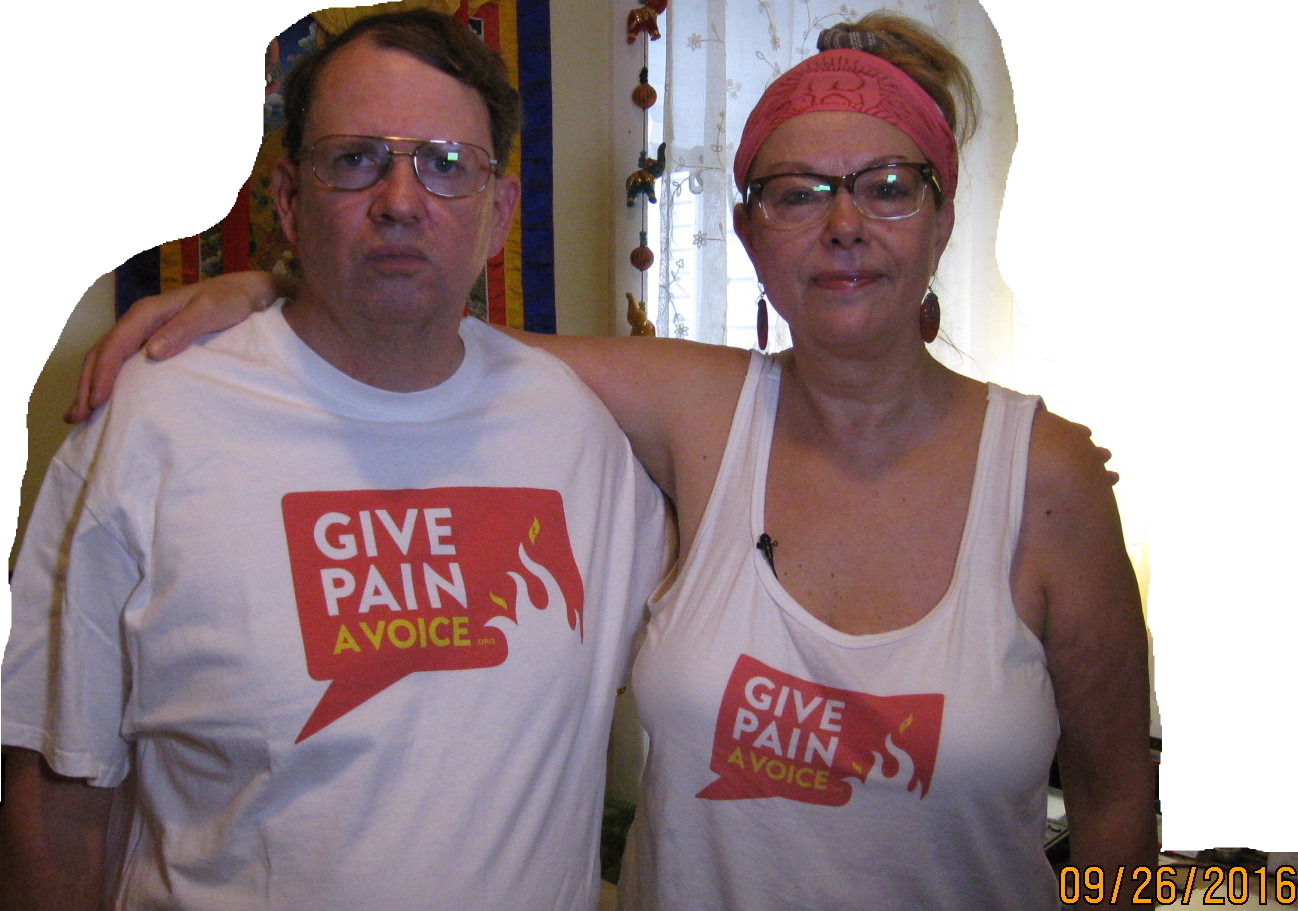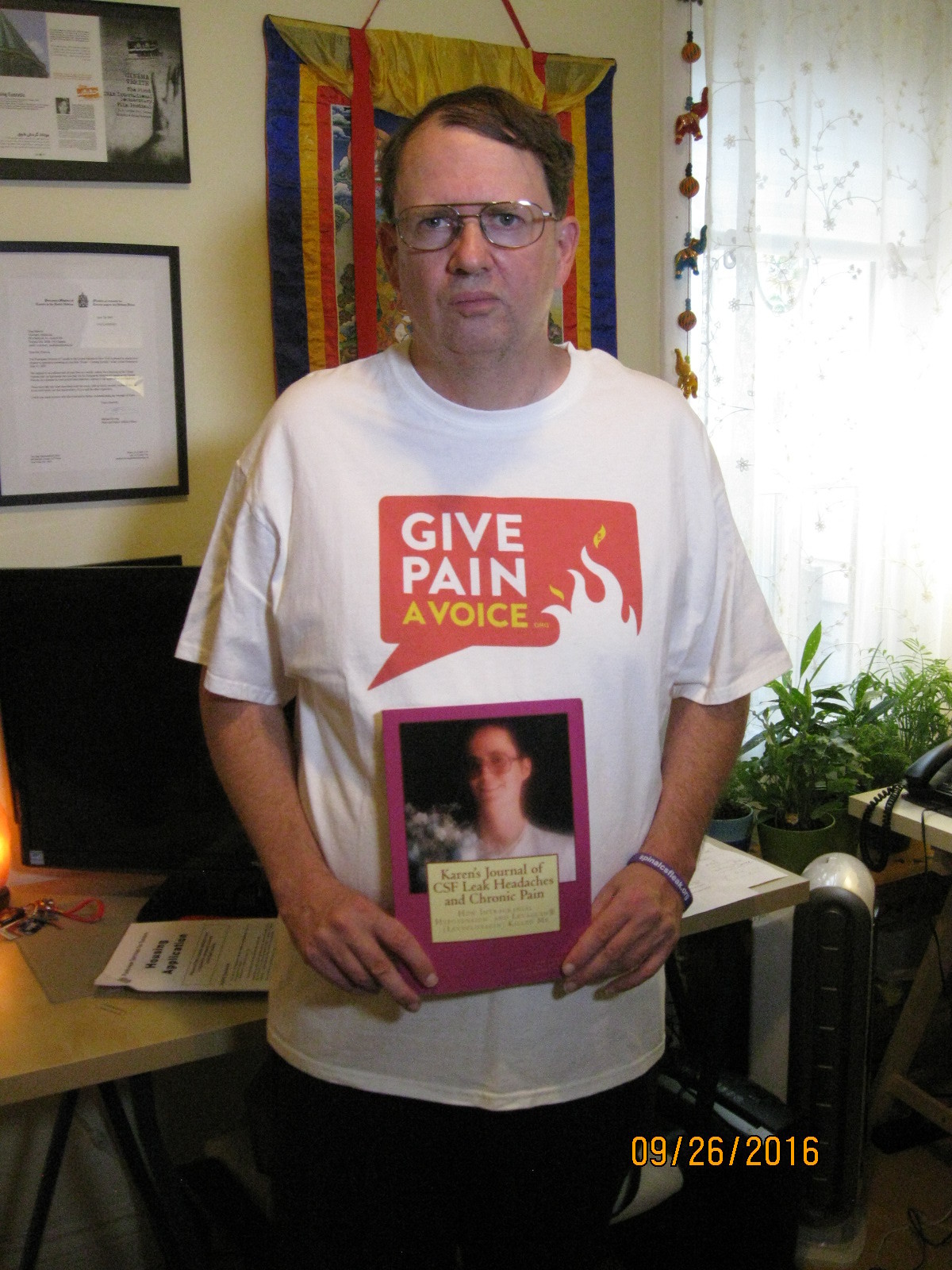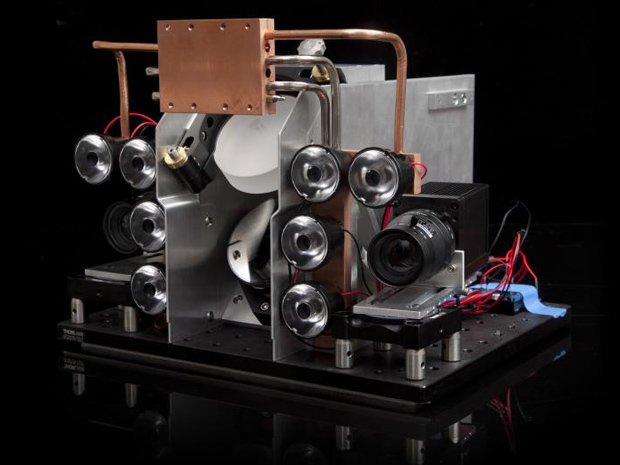Our minds can be hijacked
'Our minds can be hijacked': the tech insiders who fear a smartphone dystopia.
Goes deeper than what the article talks about, see:
The Mind Has No Firewall
TIMOTHY L. THOMAS
From Parameters, Spring 1998, pp. 84-92.
“It is completely clear that the state which is first to create such weapons will achieve incomparable superiority.” – Major I. Chernishev, Russian army
https://ssi.armywarcollege.edu/pubs/parameters/articles/98spring/thomas.htm
Then see some of the advances since the publication of that Army War College article here:
https://earthpulse.com/mind_brain_effects/
The technique of interest is “Forced Frequency Following”.
~~DISCUSSION~~
Updated index to add esoteric entries
I've had several pages on the site such as the ones on Time and Mediumship that could only be reached by direct URLs what I'd give out to people.
My fear was that posting such esoteric ideas might scare off potential employers. Today I decided that it might attract the correct employers, be bold, there is no 'box' in a Holographic Universe… Look me up if you need such a person on your team.
Filers vs Pilers
Filers Versus Pilers
Priority Interrupt by Steve Ciarcia
Circuit Cellar Magazine
December 2005, Issue 185
“It's been a number of years since I talked about the myth of the paperless office and how we should all have one by now. It certainly hasn't happened in the Circuit Cellar. While I would swear that I don't print anywhere as much as I used to, the depth of the paper piled around my office certainly isn't less these days. Apparently, my addiction to ink-jet fumes and rolled cellulose isn't either.
I was surfing around the Internet recently when I came across an interesting theory that seems to describe my behavior pattern much better than my just being some scofflaw who can't seem to get with the program. If I were more paranoid, I would say it is a conspiracy, but there is a very adamant minority of people who are so hostile about cluttered desks that they think that anyone who piles paper is a lower life form.
Piles of empty Mountain Dew cans aside, virtually all office clutter is work-related. Nevertheless, too many managers treat paper clutter like it's piles of dirty socks or opened catsup packets. Advances in technology give added authority to their prejudice. Paper is old-fashioned and can't be networked. In their minds, a neat desk is the foundation of achievement. Therefore, people who have cluttered desks are unrepentant slobs who aren't working efficiently and should feel very guilty.
Unfortunately, the paperless office and black or white policy decisions often don't take into account how people work, or more importantly, how many of us think while we work. Why do we create piles, and why do we spread things around our desks when it's obvious that the computer sitting in the middle of all this mess has much greater resources to sort and find information?
Apparently, there is a theory that there is a distinction between 'imaginative knowledge', as used by a design engineer, and 'clerical knowledge', as used by a billing clerk. Their filing methods and how they generate clutter are directly associated with how they think.
Clerical people print information to execute a company function. Imaginative people print information to increase knowledge. The paper they generate helps them learn rather than simply being a means of data storage. An engineer will often print out and write comments on a datasheet simply because the process of note taking helps him learn. Like most notes, however, once they have served their purpose, they are rarely retrieved again from the pile.
Imaginative people spread stuff all over the place as a physical representation of how they think, not because they are too inept to file it. In essence, the piles are temporary holding places for hot ideas and inputs that we either haven't categorized yet or haven't figured out how we'll use yet. Without categorization, there is no way to file them. And by the time we do categorize them, often the goal for which we collected the pile in the first place has been achieved, so we can throw that whole pile in the wastebasket anyway.
Of course, this clutter-then-toss-it behavior pattern is very disconcerting to the clerical knowledge thinker. It's basically filers verses pilers. A filer gathers information and puts it away. A piler gathers information and puts it in various piles from the center of work focus outward. There are the in-process hot piles for immediate attention, the various warm piles for projects that are on the list or might be in short duration, and the cold piles for things that are done and should be archived or filed (wastebasket).
It's been 25 years since I worked in corporate America with its world of rules. Don't get me wrong, the Circuit Cellar isn't some disaster area to be salvaged only with a local landfill permit. In the world of engineer workplaces, I think it's actually quite neat but there are those piles. 
I've never felt guilty about my horizontal filing methods, and I am happy that I don't have to answer to others regarding it. In retrospect, I never quite understood the psychology of it, but I can immediately identify with using hot, warm, and cold as the only filing criteria. In my mind, filers go overboard. They are so wrapped up in the information system that they file too much, and when they search for something they either forget how they filed it or get back too much extraneous information.
Unfortunately, for many working engineers, clerical knowledge managers get to set the rules. While it's not pretty, piling provides somewhat ready access to current materials as well as providing a ready reminder about the in-process tasks and those still on the list. By forcing imaginative people to follow ridiculous rules in order to strive for the paperless (or less paper) office, they don't realize that there is a greater consequence. When you mess with people's desktops, you mess with how they think.”
~~DISCUSSION~~
Jerry Lewis the latest victim of Fluoroquinolone antibiotics Cipro or Levaquin?
June 17th 2017
Is famed comedian Jerry Lewis the latest victim of Fluoroquinolone antibiotics Cipro or Levaquin?
Does anyone know if the antibiotic was Cipro or Levaquin, that the FDA says should not be used for uncomplicated UTIs? What little that has been reported matches the symptoms of Fluoroquinolone poisoning.
“LAS VEGAS (KSNV NEWS3LV) — Famed comedian Jerry Lewis is in the hospital for a 12th straight day. The 91-year-old legend was admitted June 2 to be treated with antibiotics for a urinary tract infection.
Since then, Lewis has developed other complications, according to people close to the entertainer. It was believed Lewis was on track to be discharged from the hospital over the weekend, but his health worsened late last week.”
Lewis, 91, lives in Las Vegas.
Sources:
http://news3lv.com/news/local/entertainer-jerry-lewis-remains-in-las-vegas-hospital
http://news3lv.com/news/local/comedian-actor-jerry-lewis-in-las-vegas-hospital
http://www.kpaddock.com/fq has links to the FDA data and related Fluoroquinolone antibiotic issues.
Meeting award wining movie producer Tina Petrova to film Karen's story
I spent Monday Sept. 26 2016 with Tina Petrova, award wining movie producer, filming Karen's story for the documentary movie “Pandemic of Denial ~ The World Health Crises” about Chronic Pain.
At one point even the cameraman was crying as I discussed CSF Leaks and how she was poisoned by Levaquan antibiotics.
The movie will be released in late 2017/2018 time frame.
http://www.pandemicofdenial.com/
~~DISCUSSION~~
Give Pain A Voice
“A few days ago, Bob Paddock made the long trek from Pennsylvania to Toronto to be interviewed for our new Doc on Chronic Pain. Hearing first hand about Karen's long and hard fight for appropriate diagnoses and medical care, of a horrificly painful CSF leak- makes me all the more “on fire” to right the wrongs done to us as pain patients and GET OUR STORIES OUT THERE. Thats why I #GivePainAVoice.” - Movie Producer Tina Petrova.
http://www.pandemicofdenial.com/
http://www.facebook.com/pandemicofdenialmovie
~~DISCUSSION~~
Affirmed personal values reported the least stress
Abstract: Stress is implicated in the development and progression of a broad array of mental and physical health disorders. Theory and research on the self suggests that self-affirming activities may buffer these adverse effects. This study experimentally investigated whether affirmations of persona l values attenuate physiological and psychological stress responses. Eighty- five participants completed either a value affirmation task or a control task prior to participating in a laboratory stress challenge.
Participants who affirmed their values had significantly lower cortisol responses to stress, compared to control participants. Dispositional self-resources (e.g., trait self-esteem and optimism) moderated the relationship between value affirmation and psychological stress responses, such that high self- resource participants who had affirmed personal values reported the least stress. These findings suggest that reflecting on personal values can keep neuroendocrine and psychological responses to stress at low levels. Implications for research on the self, stress processes, and health and for interventions are discussed.
PDF: “Affirmation of Personal Values Buffers Neuroendocrine and Psychological Stress Responses”
http://people.psych.ucsb.edu/sherman/david/creswell.psychsci.pdf
http://people.psych.ucsb.edu/sherman/david/
~~DISCUSSION~~
The Mystery Headache Migraine, Positional Headache, Spinal Fluid Leak?
This great video explains what my wife went through for most of her adult life.
“The Mystery Headache: Migraine, Positional Headache, Spinal Fluid Leak?”:
https://www.youtube.com/watch?feature=youtu.be&v=QyvWxobqKrc
Karen's Journal is now required reading at Duke School of Medicine because of what is in this video…
~~DISCUSSION~~
Evidence of a Christmas spirit network in the brain functional MRI study
Evidence of a Christmas spirit network in the brain: functional MRI study
http://www.bmj.com/content/351/bmj.h6266
Merry Christmas to all and to all a good pain free night…
~~DISCUSSION~~


